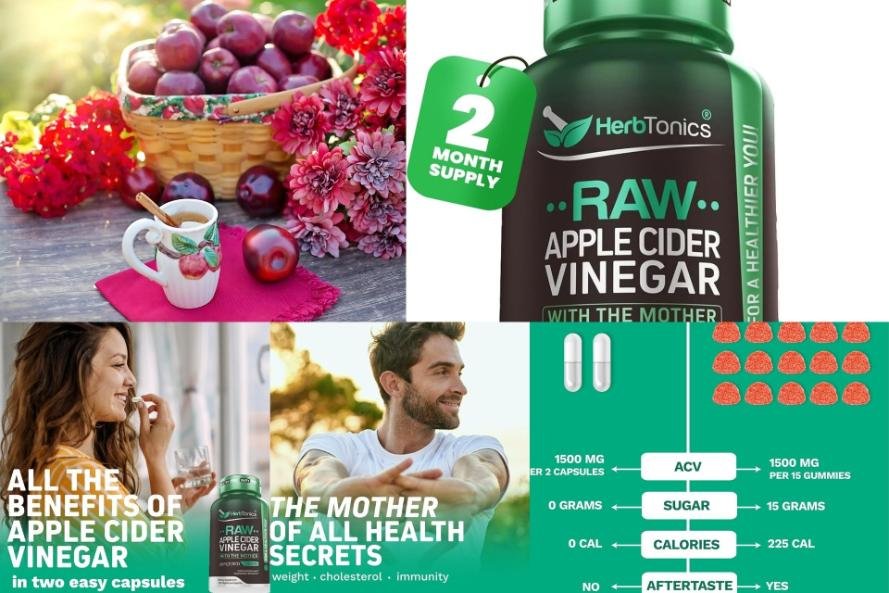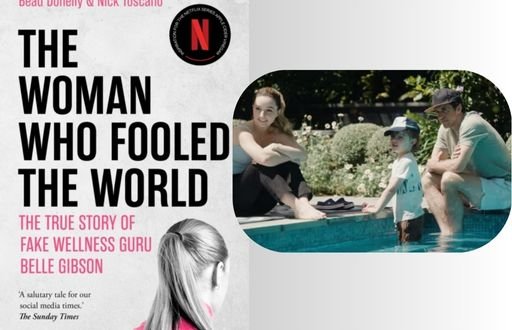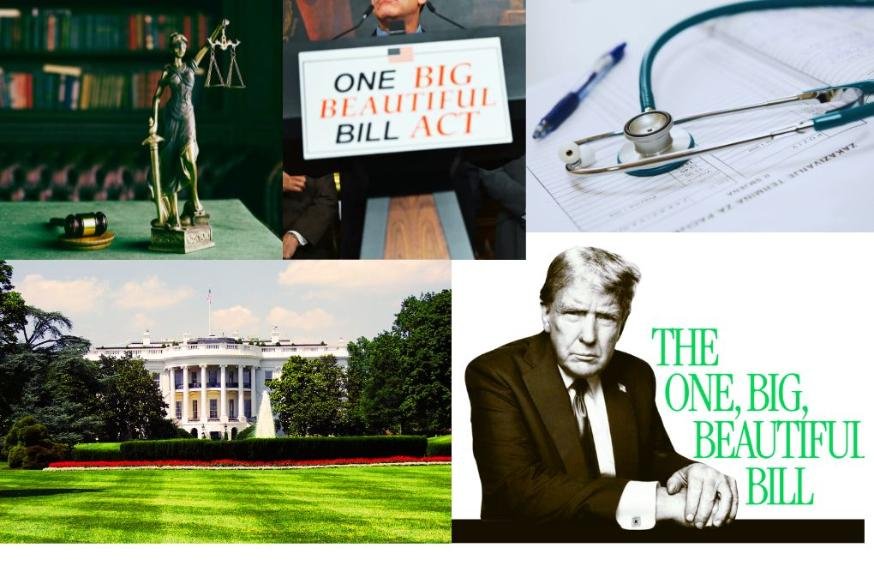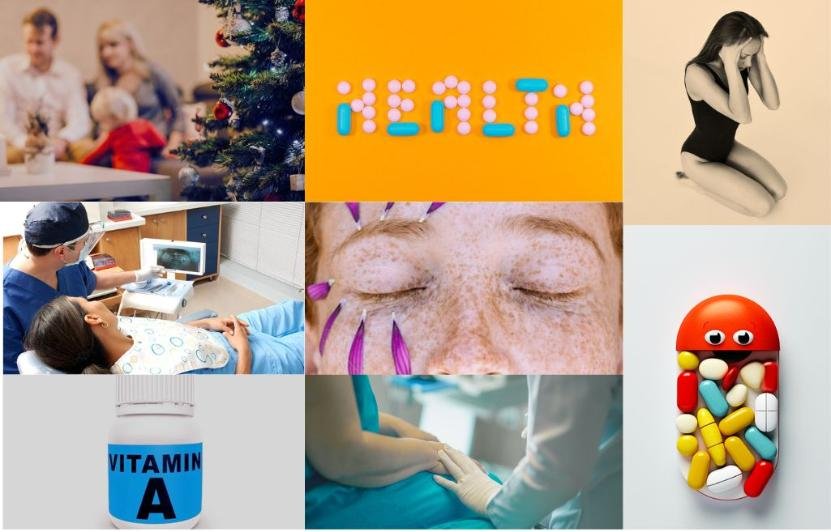Introduction
Belle Gibson’s story rocked the world of wellness influencers. Netflix’s new series “Apple Cider Vinegar” follows viewers through one of social media’s most alarming health scams. This riveting show demonstrates how false hope, lonely hearts, and savvy marketing combined to create a perfect storm in the wellness industry. Through careful storytelling, it helps viewers understand why people fall for health scams and how to avoid them.
The Rise and Fall of a Wellness Star
From Instagram stardom to public shame, Belle Gibson’s story shocked the world. Now, Netflix brings this gripping tale to screens in “Apple Cider Vinegar.” The new series dives deep into the wellness industry’s dark side.
Gibson rose to fame by claiming she beat brain cancer through healthy eating. Many people believed her story and bought her wellness app. She shared recipes and lifestyle tips that caught everyone’s attention. Her followers trusted her advice about natural healing.
The Truth Unravels
Yet, the truth came out in a shocking way. Gibson never had cancer. The wellness empire she built was based on lies. Her story shows how social media can spread false health claims quickly. Many of her followers felt hurt and betrayed when they learned the truth.
Netflix’s “Apple Cider Vinegar” explores this complex story with care. The show looks at why people believed Gibson’s claims so easily. It also shows how loneliness plays a big role in the wellness industry’s success. The series mixes real events with dramatic elements to tell this important story.

The Power of Social Media and Trust
The wellness industry grows bigger each year. People spend lots of money trying to feel better and healthier. Social media makes it easy for false claims to spread fast. The show helps viewers understand why we sometimes believe things that seem too good to be true. “Apple Cider Vinegar” raises important questions about truth in the digital age. It shows how easy it is to build a following based on false claims. The show helps viewers think about who they trust online and why.
Trust plays a big part in this story. Gibson gained trust through her personal story and friendly online presence. She shared meals, tips, and hope with her followers. Many people wanted to believe that natural healing could cure serious illness. The series also looks at how social media shapes our views about health. Influencers can reach millions of people with their messages. Sometimes these messages help people live better lives. Other times, they can cause real harm.

Understanding the Title’s Significance
The show’s title, “Apple Cider Vinegar,” points to a deeper truth about wellness trends. Simple solutions often attract desperate people. Many wellness influencers sell basic items as miracle cures. This practice continues today on social media platforms worldwide.
The Human Cost
Mental health plays a key role in the story too. The series shows how loneliness can make people vulnerable. Many of Gibson’s followers found comfort in her online community. They felt less alone in their health struggles. This connection made the betrayal even more painful.

Behind the Scenes
The production team chose careful casting for this powerful story. The actors bring real emotion to difficult scenes. They show both sides – the charm that drew people in and the damage caused by lies. The series creates strong feelings in viewers throughout each episode.
Modern Day Implications
Social media platforms have changed since Gibson’s time. Yet, similar stories still happen today. People still search for miracle cures online. The wellness industry keeps growing stronger. “Apple Cider Vinegar” helps viewers spot warning signs of false health claims.
Legal Consequences and Industry Impact
The legal aftermath of Gibson’s actions shocked many people. Courts found her guilty of misleading consumers. She had to pay large fines for breaking consumer laws. The show covers these events while exploring bigger questions about trust and truth.
Money plays a big part in this story too. The wellness industry makes billions each year. People spend huge amounts on products promising better health. The series shows how easily marketing can trick smart people into buying false hope.
Technology’s Role
Modern technology makes spreading false claims easier than ever. One post can reach millions of people in minutes. The show explores how viral content can cause real harm. It asks viewers to think before they share health advice online.
Expert Perspectives
Expert voices add depth to the series. Real doctors explain why Gibson’s claims made no sense. Former followers share their stories of belief and betrayal. These true stories make the show more powerful.
The series also looks at media responsibility. News outlets helped spread Gibson’s story at first. They later helped uncover the truth. This shows how important careful reporting is in today’s world.
The Path to Recovery
Recovery stories appear throughout the show. People share how they moved past their trust in false wellness claims. These stories give hope to viewers who might face similar situations. They show that healing is possible after betrayal.
Cultural impact gets attention too. Gibson’s story changed how people view wellness influencers. Many now ask more questions before trusting online health advice. The show might help even more people think critically about health claims.
Conclusion
Belle Gibson’s story teaches us many important lessons about trust in the digital age. The Netflix series “Apple Cider Vinegar” does more than just tell her story – it holds up a mirror to our society. It shows how lonely people search for hope online. It reveals how social media can make lies look like truth. The wellness industry has changed since Gibson’s time, but similar stories still happen today. People still look for miracle cures. Influencers still make big promises. Yet, this series helps viewers spot the warning signs early. It gives them tools to think critically about health claims they see online. The show’s impact reaches beyond just one story. It helps protect vulnerable people from future scams. It encourages viewers to check facts and trust science. Most importantly, it reminds us that real healing takes time, proper medical care, and honest support. “Apple Cider Vinegar” serves as both a warning and a guide. It warns us about blind trust in wellness influencers. It guides us toward better ways to seek health information. As social media continues to shape our lives, this series helps us navigate the line between helpful advice and harmful lies.
Frequently Asked Questions
Who is Belle Gibson?
: Belle Gibson was an Australian wellness influencer who falsely claimed she cured brain cancer through natural healing methods.
What happened to Belle Gibson’s wellness empire?
Her empire fell apart after people discovered she lied about having cancer. She faced legal trouble and public backlash.
Why did people believe Belle Gibson’s story?
She seemed authentic on social media and gave hope to people looking for natural health solutions.
What message does “Apple Cider Vinegar” share?
The show warns about false health claims and explores why people trust wellness influencers.
Is the Netflix series completely true?
While based on real events, the series adds dramatic elements to tell the story effectively.
How did Belle Gibson make money from her wellness empire?
She sold apps, books, and wellness products while building a large social media following.
What impact did this case have on the wellness industry?
It led to more scrutiny of wellness influencers and their claims about health treatments.
How does the show handle sensitive topics?
The series treats health issues and betrayal with care while showing real consequences of false claims.
What can viewers learn from watching “Apple Cider Vinegar”?
Viewers learn to question health claims online and understand how wellness scams work.
Are there other similar cases in the wellness industry?
Yes, many other wellness influencers have faced criticism for making false or misleading health claims.










